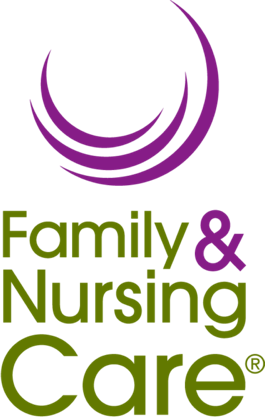A heart attack or diagnosis of heart disease is often life changing. But for older adults, the journey doesn’t end with hospital discharge or a short-term rehabilitation plan. Maintaining heart health over time requires ongoing lifestyle adjustments, emotional support, and daily routines that promote overall well-being.
That’s where home care plays a vital role — not just in recovery, but in helping aging adults lead healthier lives for the long haul.
Specialized Home Care: Bridging the Gap Between Treatment and Lifestyle
Cardiac rehabilitation and medical treatments are essential after a heart-related event, but sustaining those benefits depends largely on what happens at home. Professional caregivers provide critical, non-medical support to help older adults during the recovery process.
These services may include:
- Medication reminders to help ensure everything is taken on time, as well as supporting blood pressure control and other key elements of heart care.
- Heart-healthy meal preparation based on dietary guidelines like low sodium, low fat, low cholesterol, and nutrient-rich foods that can reduce the risk of future cardiac events.
- Support with safe physical activity, from walking to light stretching, encouraging movement while monitoring signs of fatigue or overexertion.
- Transportation to follow-up appointments, making it easier for older adults to stay engaged with their care team and cardiac rehab programs.
Supporting the Whole Person, Emotionally and Physically
After a heart attack, many people experience anxiety, depression, or fear about their health. This emotional toll can be especially challenging for older adults living alone or with limited support. A caregiver provides more than just practical assistance, they offer companionship and reassurance during a time of uncertainty.
Having a trusted presence in the home helps reduce stress, improve mood, and create a sense of security, all of which are important for long-term heart health.
A Preventive Approach to Heart Health with Home Care
For those living with chronic heart disease, home care is not only reactive, it’s preventive. Caregivers can help recognize early warning signs of complications, such as swelling, shortness of breath, or fatigue, and can escalate concerns to family members or medical providers before a crisis occurs.
This proactive support may help prevent hospital readmissions and support healthier outcomes over time.
Empowering Independence by Promoting Health
At Family & Nursing Care, we believe that aging adults should be empowered to live life on their terms, even after a major health event. Caregivers can provide personalized, compassionate care that supports long-term heart health by helping clients build and maintain the daily routines that keep them well.
Whether it’s preparing a heart-healthy meal, going for a short daily walk, or simply being there for encouragement, caregivers help clients take small, meaningful steps toward recovery and resilience.
If you or a loved one is managing heart disease or recovering from a heart attack, home care can make a lasting difference. Let us help you take the next step toward better heart health — and a better quality of life.


 As the healthcare system continues to shift toward at-home programs, home care is becoming an indispensable partner in improving outcomes. From easing transitions after hospitalization to helping older adults remain safely at home, home care plays a critical role in ensuring continuity, stability, and dignity for seniors — while also alleviating strain on hospitals and long-term care settings.
As the healthcare system continues to shift toward at-home programs, home care is becoming an indispensable partner in improving outcomes. From easing transitions after hospitalization to helping older adults remain safely at home, home care plays a critical role in ensuring continuity, stability, and dignity for seniors — while also alleviating strain on hospitals and long-term care settings. In 2024, older adults in the U.S. lost an alarming $4.8 billion to scams, according to the FBI. That’s up from $3.4 billion in 2023 and is a stark reminder that financial exploitation of seniors is not only widespread but growing rapidly. These scams don’t just steal money; they rob older adults of their independence, peace of mind, and in many cases, their trust in others. That’s why families and caregivers must remain vigilant to protect older adults.
In 2024, older adults in the U.S. lost an alarming $4.8 billion to scams, according to the FBI. That’s up from $3.4 billion in 2023 and is a stark reminder that financial exploitation of seniors is not only widespread but growing rapidly. These scams don’t just steal money; they rob older adults of their independence, peace of mind, and in many cases, their trust in others. That’s why families and caregivers must remain vigilant to protect older adults.



